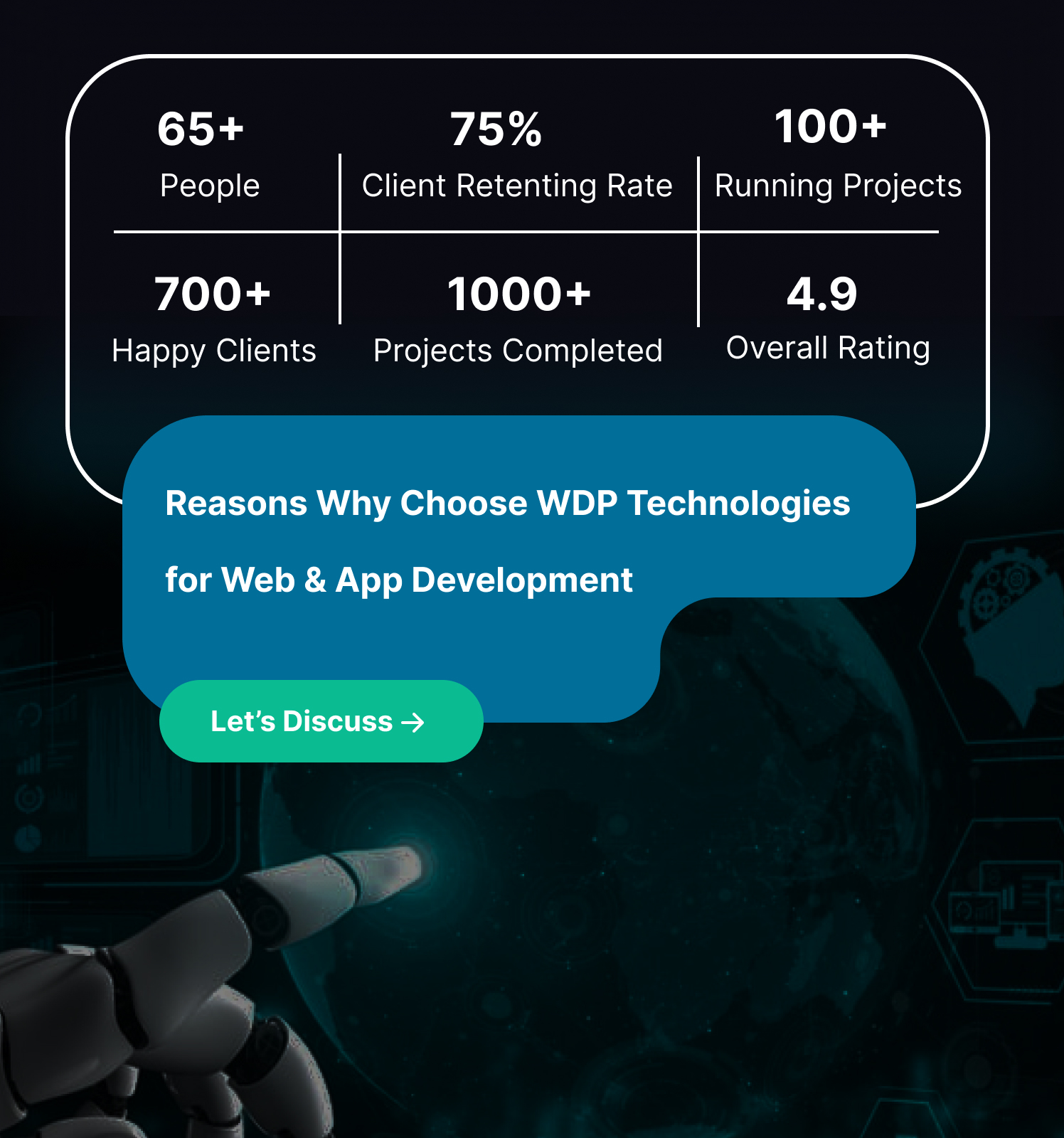The world of smartphone app development is exploding. If you want to build Mobile App and looking for the answer of Native vs Hybrid vs HTML5 than read this blog. In the end, you will know which is the most appropriate app type for you and your business. If you’re looking for answers to these questions, then this post is for you.
For the most part, discussions regarding app development align with one of two specific customer expectations:
- To be able to see everything on a small screen; or
- To be able to access every app on every device, equally well.
Within this controversy, three primary options emerge; native app, mobile HTML5, and hybrid mobile app development. Here is a discussion of the strengths and weaknesses of each option.

Native Applications
Native apps are developed for a distinct platform (iOS, Android, etc.), using resources supported by that platform. They can be downloaded from app stores and installed directly on the system for which they are intended. Native apps are inherently better for their specific environments because they were developed to operate within them. Integrated development environments of native apps provide better tools for project management, debugging, and in other areas of the development process.
Below are some added advantages of native apps:
- Better User Experience – native apps can be discovered, purchased, and downloaded at an app store and can be instantly used. Also, native apps are faster, more consistent, and effortless to manage, both by the user and the mobile application developers.
- Utilization of Standard Mobile Components – camera, address book, geolocation, and other features specific to a device can integrate with mobile apps. Moreover, many native apps complement one another, one utilizing specific components to enhance the other. For example, Evernote integrates with other calendar apps in order to centralize tasks, notes, etc.
- Learning and Support – Over 3,000 books have been written for the different development platforms, and countless tech forums, sites, and other blogs are available to mobile application developers who wish to go native and stay that way.
HTML5 Mobile App
Not so with the HTML5 mobile app, which uses HTML5, JavaScript, and CSS. This combination allows for greater adaptability for the app, meaning it can work on various different types of platforms and devices given the origin of a web browser.
Basically, the HTML5 mobile app is a web page designed to work on a small screen. It can be opened in distinct platforms because the source is to the webpage itself, not the platform. Website developers can easily create apps using HTML5 but will encounter a problem when they try to create “one-size-fits-all” for the prospective screen size. Because every mobile device interprets screen size differently, web app developers must be precise in design and deployment. Also, native app features (some mentioned above) are not available for the HTML5 mobile app. The user interface and overall experience suffer as a result.
One benefit of HTML5 mobile app development is its “write-once-run-anywhere” methodology. It also requires lower development and deployment times when compared to native application development. Those with the expertise and background in HTML5 can create a useful app in a relatively short amount of time that can run on different (or all) platforms at once. However, since HTML5 mobile app has no limitation on the platform, this also means that nothing is specialized, or native, and therefore is inherently less accommodating from the user’s perspective than are native apps.
But what if there was a way to combine both worlds?
Hybrid App Development
Hybrid apps are HTML5 applications that are developed within a native box. Developers have made strides using JavaScript, CSS, and HTML5 to develop web apps that are entertained in native containers, all available on app stores, all available on distinct platforms. User experience is not sacrificed, and the developers have the freedom to do what they want. The debate between Native vs Hybrid Apps is still going, both of them have their own benefits. Your choice will depend on different competing factors, including your budget and your deadline.
So Which Is Better?
HTML5 mobile app offers flexibility and speed, while the native app offers strengths in design, user interface, and overall experience. Hybrid app development combines the best of both worlds and incorporates the strengths of each.
In the end, developers must create applications with the user in mind. Innovations with hybrid applications will continue to increase as the debate between “which is better” ( Native vs Hybrid vs HTML5 ) changes to “what works best for the customer?”













